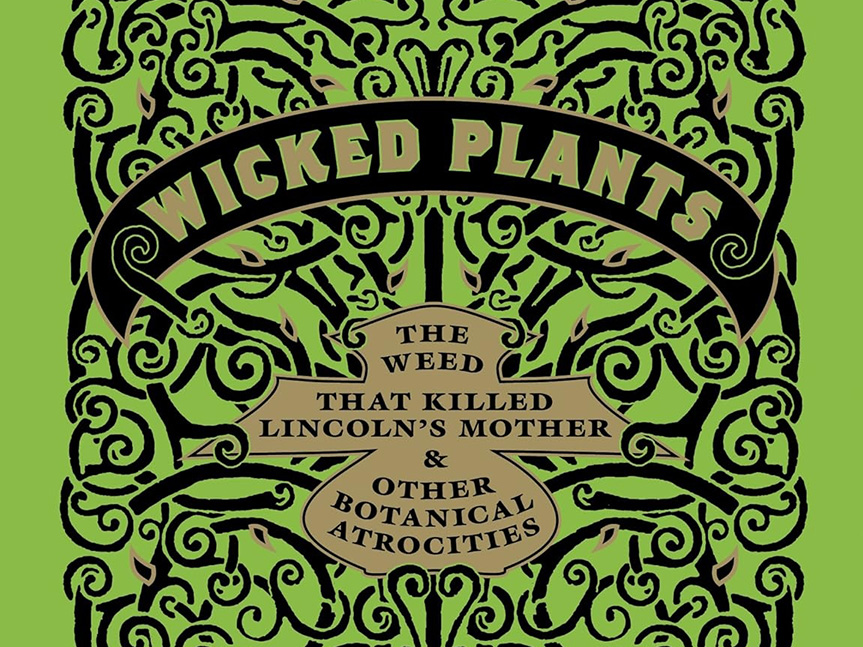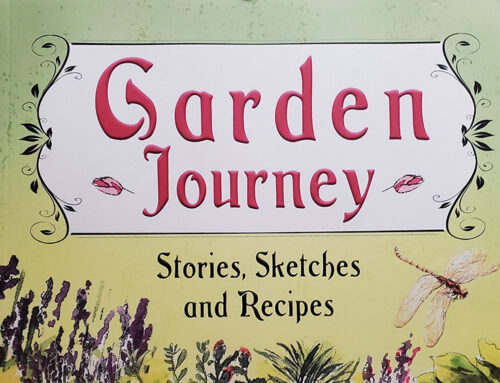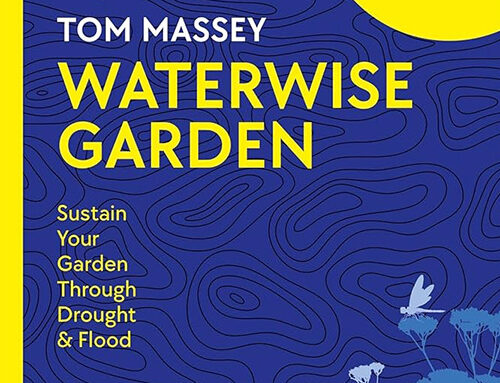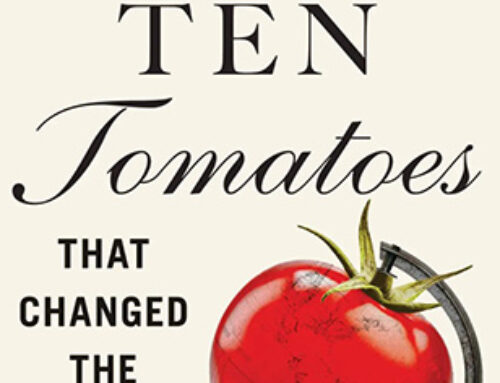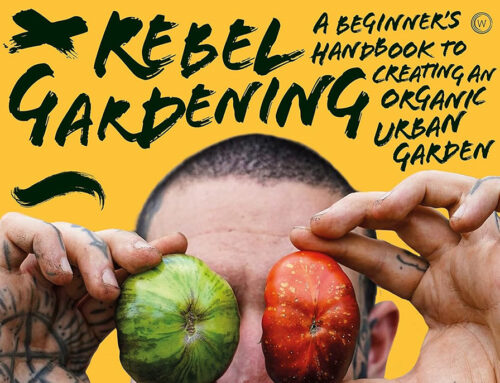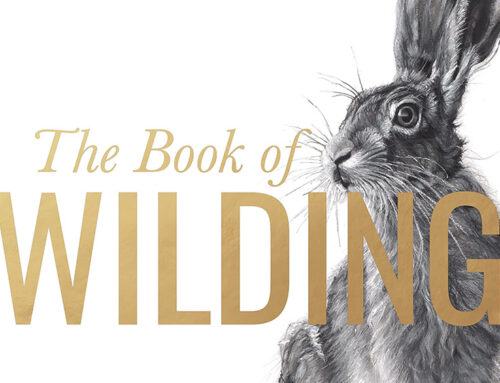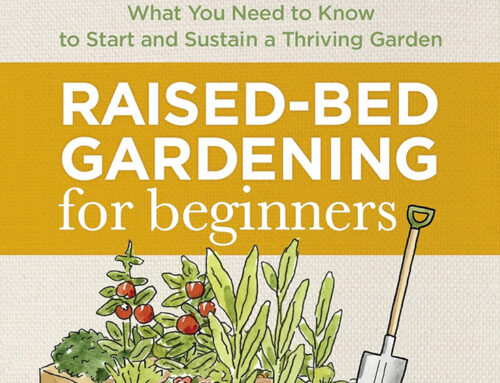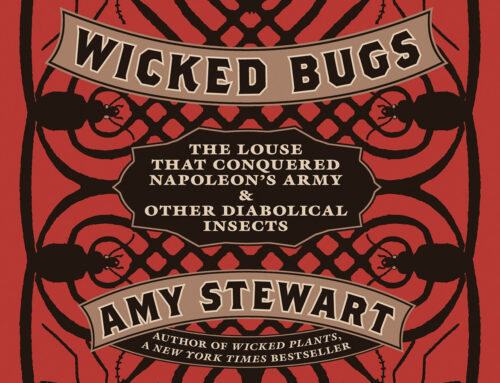Book Review: Wicked Plants
Reviewed by Brett Kerley
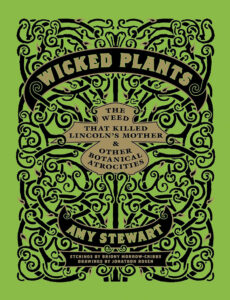 Stewart, Amy. Wicked Plants: The Weed That Killed Lincoln’s Mother and Other Botanical Atrocities. Publisher: Algonquin Books, 2009. ISBN: 9781565126831
Stewart, Amy. Wicked Plants: The Weed That Killed Lincoln’s Mother and Other Botanical Atrocities. Publisher: Algonquin Books, 2009. ISBN: 9781565126831
Amy Stewart’s Wicked Plants is an alphabetical compendium of over 200 of nature’s most nefarious flora. Each entry delves into the plant’s history, toxicology, and the often macabre tales associated with it. The book is categorized into themes such as Deadly, Illegal, Dangerous, Painful, Intoxicating, and Destructive, providing readers with a structured yet diverse exploration of botanical miscreants.
Interspersed among the individual plant profiles are thematic chapters that group plants by their effects or uses, offering a broader context to their wickedness. These sections include:
- Arrow Poisons: Plants historically used to tip arrows, causing fatal wounds.
- Ordeal Poisons: Flora employed in ancient trials to determine guilt or innocence.
- This Houseplant Could Be Your Last: Common household plants that pose hidden dangers.
- Deadly Dinner: Edible plants that can turn lethal under certain conditions.
- Fatal Fungus: Mushrooms and molds with deadly consequences.
- The Devil’s Bartender: Plants used in concocting intoxicating or poisonous beverages.
- Botanical Crime Families: Plant families with multiple dangerous members.
- Weeds of Mass Destruction: Invasive species causing ecological havoc.
- Psychedelic Plants: Flora known for their mind-altering effects.
Each section is enriched with historical anecdotes, scientific insights, and cautionary tales, making the book both informative and engaging.
My Highlights
- Engaging Narrative: Stewart’s writing is both informative and entertaining, weaving scientific facts with historical stories that captivate the reader.
- Artistic Illustrations: The detailed copper etchings by Briony Morrow-Cribbs and illustrations by Jonathon Rosen add a vintage charm, enhancing the book’s appeal.
- Educational Value: Beyond mere trivia, the book offers genuine insights into the dangers of certain plants, emphasizing the importance of awareness in gardening and foraging. It reminded me of the time I met a shaman in the Amazon forest and he mixed us up a potion of several different plants into a cocktail for us to drink. It tasted like crap but I felt really good for a few hours afterwards. I still have no idea what plants he used.
Drawbacks
- Lack of Index: This makes it challenging for readers to quickly locate specific information.
- Limited Visual Aids: While the illustrations are artistically commendable, the lack of color photographs may hinder accurate plant identification for some readers.
About the Author
Amy Stewart is an acclaimed American author known for her works on horticulture and the natural world. With a background in anthropology and community and regional planning, she brings a unique perspective to her writings. Stewart has written several bestsellers, including The Drunken Botanist and Flower Confidential. Her passion for plants extends beyond the page. She cultivated a poison garden in Eureka, California, which garnered attention from The New York Times and inspired similar gardens elsewhere. Currently residing in Portland, Oregon, Stewart continues to explore the intricate relationships between humans and plants.
Final Thoughts
Wicked Plants is a compelling read, combining science, history, and storytelling to unveil the dark side of the plant kingdom. It is suitable for gardeners, history enthusiasts, and curious readers alike. Despite minor shortcomings, the book’s strengths lie in its engaging content and the author’s evident passion for the subject.
This book is available as a streaming audiobook from Edmonton Public Library. Download the Hoopla app to listen to it.

